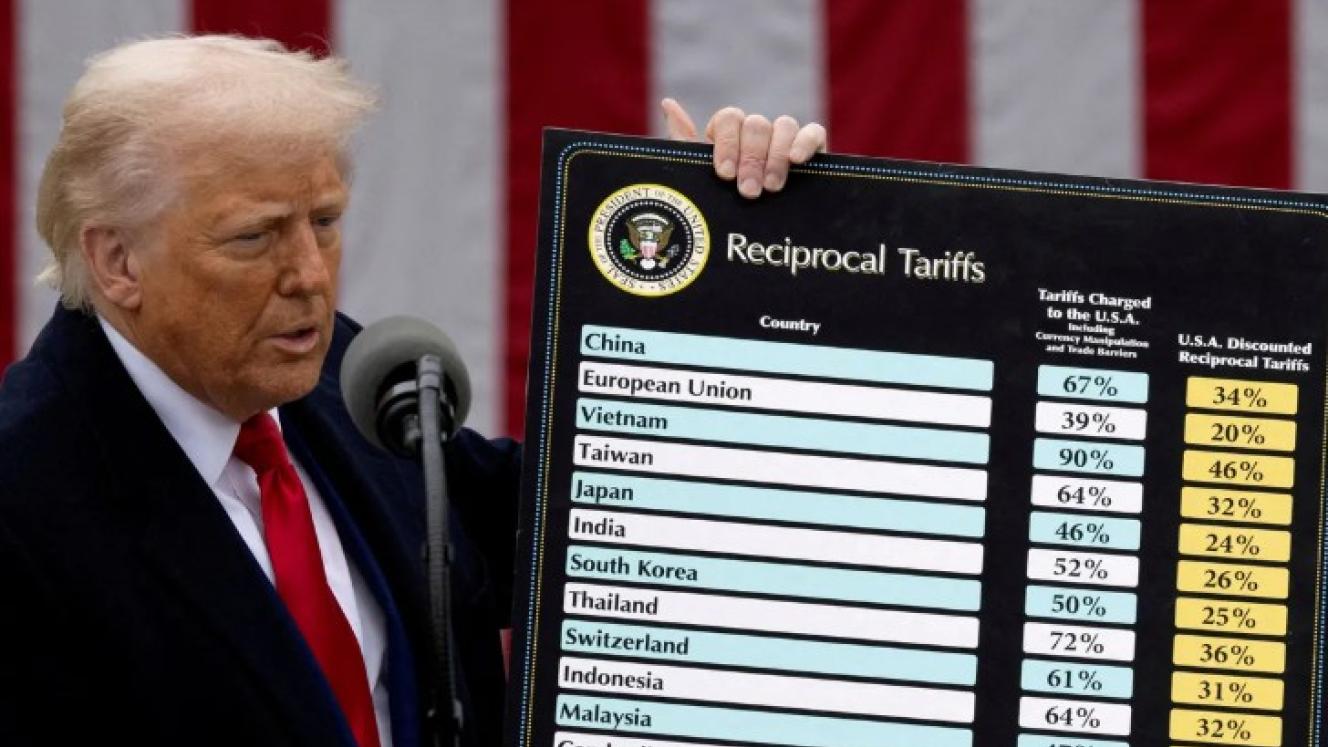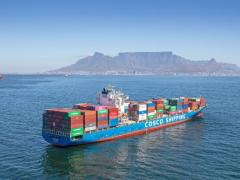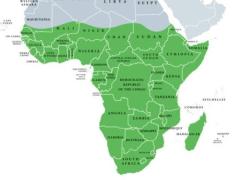A US appeals court has declared most of President Donald Trump’s tariffs illegal, dealing a significant blow to his trade agenda and paving the way for a potential Supreme Court showdown.
The ruling, issued on Friday by the US Court of Appeals for the Federal Circuit in a 7-4 decision, targets Trump’s “reciprocal” tariffs imposed on nearly every US trading partner and additional levies on China, Canada and Mexico. The court deemed these tariffs “invalid as contrary to law” under the International Emergency Economic Powers Act (IEEPA).
The decision, which upholds a May ruling by the US Court of International Trade, will not take effect until October 14, allowing the Trump administration time to appeal to the Supreme Court, reports the BBC.
The tariffs, including a baseline 10% levy on global imports announced on April 2 as part of Trump’s “Liberation Day” trade policy, aim to address trade imbalances. He justified additional tariffs on China, Canada and Mexico as measures to curb drug trafficking.
Trump, reacting to the ruling on Truth Social, labelled it a “highly partisan” decision that “would literally destroy the United States of America” if upheld. He said removing the tariffs would weaken the US financially and vowed to fight the case at the Supreme Court, predicting a victory to “make America rich, strong, and powerful again”.
The court’s 127-page judgment highlighted that the IEEPA, enacted in 1977, did not explicitly grant the president authority to impose tariffs, a power reserved for Congress under the Constitution.
“The power to impose taxes such as tariffs is vested exclusively in the legislative branch,” the majority wrote, noting that Congress had historically used clear language when delegating tariff authority. The absence of such language in the IEEPA, the court argued, indicated no intent to grant “unlimited authority” to the president.
The ruling comes after small businesses and a coalition of Democratic-led states legally challenged Trump’s executive orders. These orders imposed the 10% baseline tariff and higher reciprocal tariffs on dozens of countries, including South Africa, to correct perceived trade imbalances. The separate set of tariffs on Canada, Mexico and China, aimed at addressing drug trafficking, was also struck down. However, tariffs on steel and aluminium, enacted under a different legal authority, remain unaffected by the ruling.
White House lawyers earlier warned that invalidating the tariffs could trigger a financial crisis akin to the 1929 stock market crash, arguing that the US would struggle to repay foreign commitments.
The ruling raises uncertainty about trade deals struck with countries like the UK, Japan and South Korea, which secured reduced tariff rates. If the Supreme Court upholds the decision, Trump’s ability to impose broad tariffs could be limited, though narrower options, such as the 1974 Trade Act, remain available with caps at 15% for 150 days unless Congress extends them.













